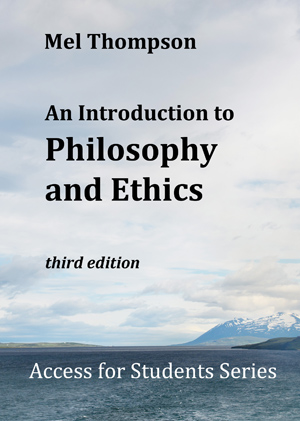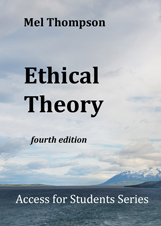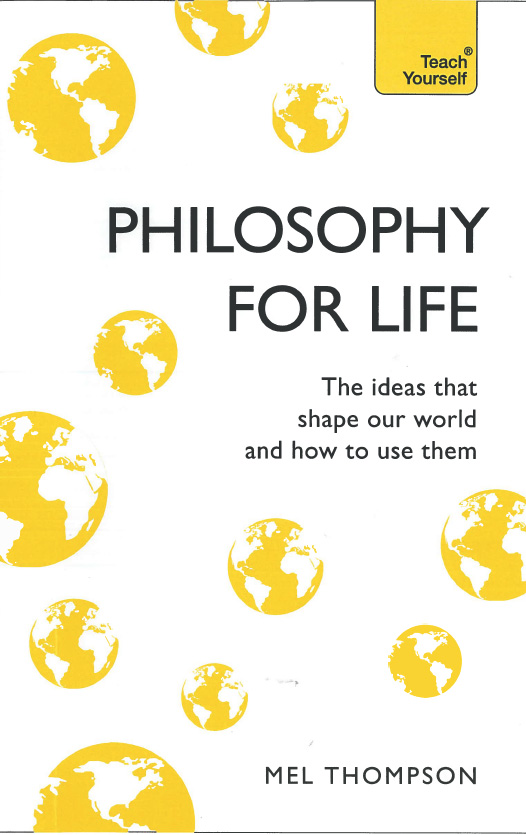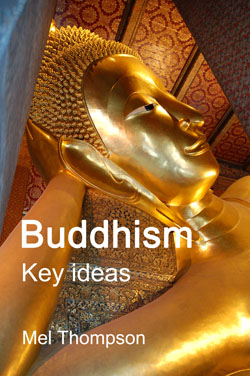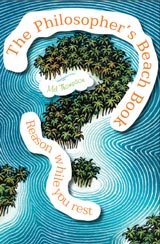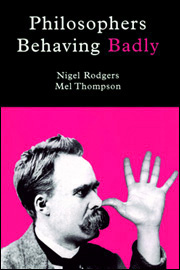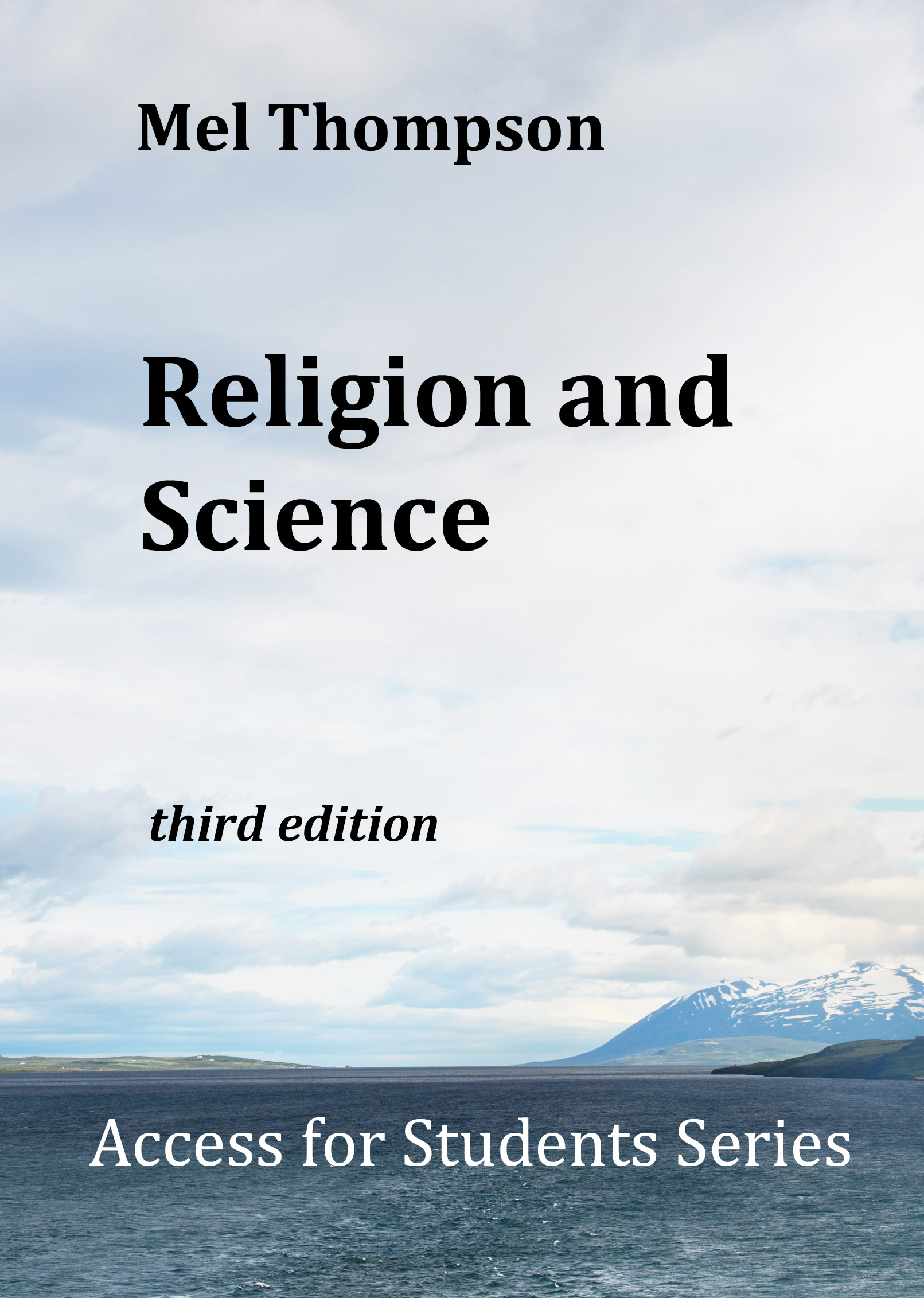Emotions and the Philosophy of Mind
I was prompted to think again about the place of the emotions in our mental life by a reader who complained that there was nothing about them in Understand Philosophy of Mind, and who referred to Emotional Intelligence: Why it Can Matter More Than IQ by Daniel Goleman, who spoke of us having two minds – one that thinks and one that feels.
While the emotions are important in psychology, they have played relatively little part in the traditional discussion about dualism and physicalism that have dominated so much debate over the decades in the Philosophy of Mind. They are clearly part – and an important part – of the functioning of the mind, rather than a way of understanding the nature of the mind. We know that they are controlled (or not) by the amygdala, which is an area of the brain that has a direct connection with the senses, separate from that which goes to the cerebral cortex. The point Goleman makes, is that the emotions are therefore triggered automatically and rather faster than the process of understanding, interpreting and responding that goes on rationally.
He also makes the point that the amygdala, by storing the memories of our emotional responses, and of the pleasures and pains that give rise to them, enable our emotions colour our interpretation of everything we do, for good or ill.
Of course, neuroscience has been superb at showing us how different parts of the brain each have their own function, and how they interact with one another, and the emotions are just one of those functions – although particularly important because they affect the operation of much else; we can’t think straight when in an emotional state, and may over-react to a situation if it is one that reminds us of an earlier emotional trauma. But it is important not to slip into language that suggests that it is the amygdala that senses disgust, or anger or passionate desire – as though it had a life of its own. Like all brain functions, it is simply computing on the basis of experience and response. We have the emotions, even if their trigger mechanism is stored in the amygdala.
My personal view is that the emotions play an absolutely crucial role in the function that I call ‘mapping’ - namely the way in which we produce a personal ‘map’ of the world through which we move, a map informed by our emotional responses as much as anything else. We have places where we feel ‘at home’ others that are foreign to us. We encounter people to whom we are close, as well as strangers. We have experiences we love and which are pivotal for our life, others that remain on the periphery of our areas of significance. And it is the assembling of that personal ‘map’, from the moment that we are born, that defines who we are.
 The senses give us the outlines of continents and islands on our personal map, but it is the emotions that colour them in politically. They are important in establishing the ‘intentional stance’ that we have towards everything we encounter. We are not indifferent observers of life; everything has a function for us, offers a threat or a promise, establishes itself in our minds as there ‘for us’ in some way.
The senses give us the outlines of continents and islands on our personal map, but it is the emotions that colour them in politically. They are important in establishing the ‘intentional stance’ that we have towards everything we encounter. We are not indifferent observers of life; everything has a function for us, offers a threat or a promise, establishes itself in our minds as there ‘for us’ in some way.
So the fact that there is no separate chapter on the emotions in Understand the Philosophy of Mind, is simply a feature of the need to cover key topics (including those required by examinations) in a limited space. They are important, especially in my theory of ‘mapping’, which is explored in my other book on the philosophy of mind – Me.
Return to Philosophy of Mind...


